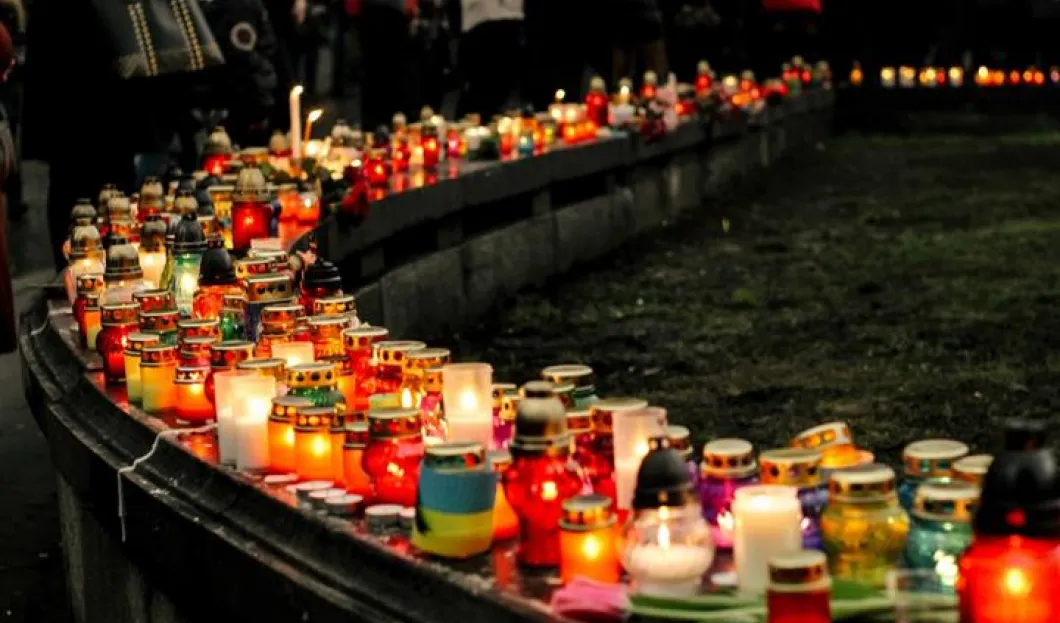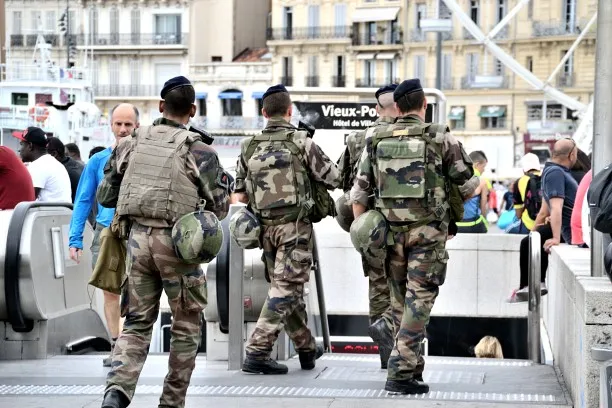
Terrorism and tourism has always been closely linked. The Middle East mainly, but even Europe, have been struck by attacks in the past months. A logical consequence of these events is a decline in terms of tourism. However, the question is, how intensive is the effect of terrorism on tourism and is it an issue that can be solved if specific effort and measures are taken?
Terrorist attacks frighten most people, despite the fact that the danger of being affected by them is low. The main aim of holidaymakers is to relax in beautiful surroundings, not worrying about the safety situation. People react strongly to these threats when choosing their holiday destinations. Terrorism and tourism have always been on the two sides of an equation.
Terrorism and Tourism - Direct Costs
The direct costs are clear. During the attacks tourists, civilians and many other are threatened or even harmed. The same goes for tourism infrastructure that can be severely damaged. Moreover, after these attacks, tourists lose confidence in the destinations and do not travel to the country. As a result, sales in the tourism industry fall, which can eventually lead to serious financial problems. These problems lead to loss of jobs, less investments in holiday areas etc. for countries dependent on tourism.
Terrorism and Tourism - Indirect Costs
Indirect consequential costs can be considerable. Such costs include the country’s response to the changed security situation. Increased controls and security measures are detrimental to economic activity by causing additional costs. At the same time, more and more government funds are being tied up in security measures, which are then missing elsewhere. For example, in education or health expenditure. This also calls into question the legitimacy of the state, since the state has not succeeded in preventing the terrorist attack and, as a result, some social benefits are removed. In worst cases, dissatisfied citizens even choose to join the terrorists against the government.

Recovering after a Terrorists Attack?
The obvious reaction of most countries is to increase security measures and regain tourists with marketing campaigns. However, these are not sustainable measures, as they do not eliminate the causes of terrorism.
In contrast, a more credible method is overcoming internal conflicts and terrorism. It is a great signal for tourists from all over the world, who would see that there is no longer any danger of travelling to this country.
Obviously, the possibility of this depends on the nature of the conflict triggering terrorism. It is often helpful when tourism is developed in a way that is in accordance with local customs. Then it will become acceptable for the local population and terrorists who want to attack tourists as a symbol of unwanted Western lifestyle, will no longer find support on the ground.
In addition to the attractiveness of the holiday region and the price, safety is only one factor in the choice of the destination. Now tourists are more sensitive to safety, but as soon as the situation on the ground calms down, prices and the attractiveness will be the dominant factors again.
Tourists have a short memory, which is why Tunisia and Egypt will soon return to the map of attractive holiday countries, probably within a few years. Provided that they are not shaken by new, serious attacks.
Turkey is in a somewhat different situation. Besides the security situation, there are political factors such as the dispute with the European Union or the attempted military coup. These issues have damaged the country’s image and it will take time to fix it.










